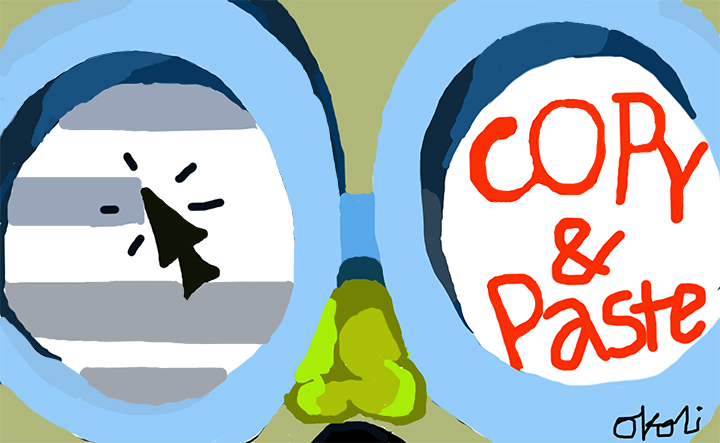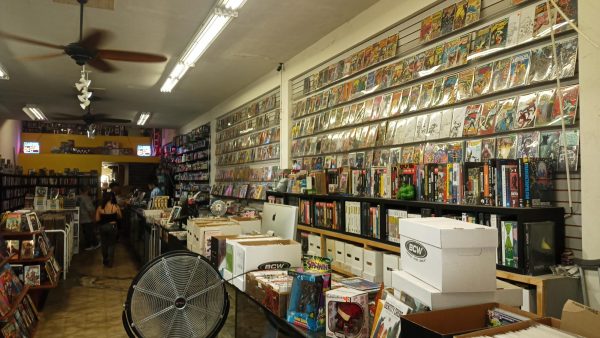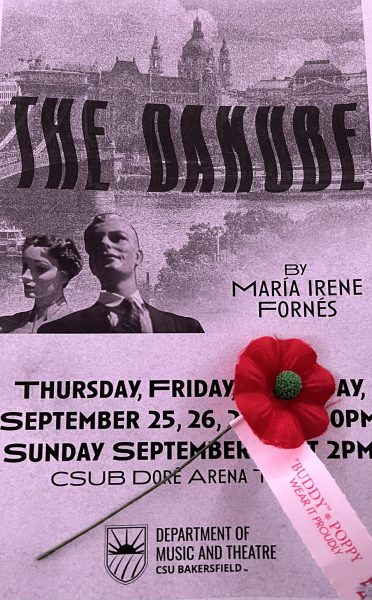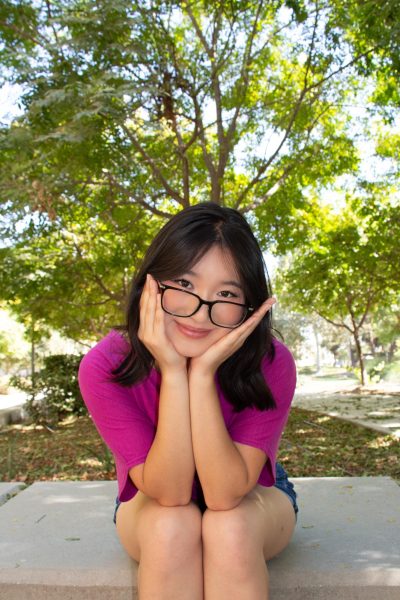Plagiarism creates problems on campus
December 6, 2019
According to the Office of Student Rights and Responsibilities, there were 90 Academic dishonesty reports, 64 of which were for plagiarism, in the 2019 spring semester. These totals include incidents in the extended university, Antelope Valley, and CSU Bakersfield student count.
“There is a due process, and we make sure the student’s rights are protected, consistent, and equitable,” Rubicelia Alvarez, director of the Office of Student Rights and Responsibilities said.
Alvarez states that she believes the increase is due in part to the increase in faculty knowledge of policy and campus population increase, but not because students are completely unethical.
“The burden of proof comes from the reporting entity […] faculty decides what the grade repercussions are, most often resulting in a zero or F grade,” Alvarez said.
Plagiarism, Alvarez says, is very broad, and what one professor may mark as plagiarism may not get marked in another class. Each case of academic dishonesty is taken into account on a case by case basis and is not based on previous incidents, because they may have happened under different circumstances. Depending on those circumstances, expulsion is
Alvarez also emphasizes that the most important thing is that an educational moment is created for the student during the resolution process.
Students express themselves about knowing the dishonesty of other students and how that effects their stress and frustration levels.
“I know someone who used to get paid to write papers for people, but I never have. It’s annoying because I do all this work, but they get the same benefits. I know academic writing is difficult, so I understand, but it’s frustrating,” Kyra McCormack, senior and sociology major, said.
“I’m upset by it [plagiarism] because I have to use up my time to do an assignment but they just get to copy. Just don’t plagiarize,” Moises Lara, freshmen and business major, said.
Faculty also spoke about the increase of plagiarism they’ve seen in their classrooms.
“In a semester on average I send around 10 people for plagiarism, but that is from a total of 352 [students],” Pamela Knight, lecturer in geology, said.
“It makes me sad because a lot of students don’t realize that it shows, then it’s a lot of work for me and paperwork to turn them in to student rights […] The biggest thing is they wait until the last minute and get panicked. I don’t believe anyone sets out to plagiarize,” Knight said.
Knight spoke about the plagiarism-checker programs, Safe Assign and Turnitin, that she uses in her courses. Both programs give percentages of related work to other sources. Safe Assign allows professors to see what percentage relates to other sources and in what way. For example, Knight mentioned that she could see whether a paper related to another student’s paper, a given source from coursework, or the internet, by a certain percentage. The program, like Turnitin, also highlights the problematic sections of the assignment.
Department Chair of the Management and Marketing Department and associate professor of management John Tarjan suggests streamlining the academic integrity policy and an overhaul of the implementation and record keeping of the consequences within it.
“We need to make faculty more aware of policy and to have department chairs be more supportive,” Tarjan said.
“It is an issue that I don’t think we are addressing sufficiently […] Three reasons to do this is to educate, uphold values of academic integrity, and fairness,” Tarjan said.
According to Tarjan, a consistent and streamlined policy is just the first step to helping the campus with this issue. Implementing educational opportunities for both students and faculty members when they first come to CSUB is key. He said this could be accomplished with a more comprehensive first year seminar, foundational courses, and faculty orientations, as well as other ideas.
“Someone’s ideas are something that they own, so stealing those ideas are like stealing their property. By and large, students are honest and want to learn, and I’m not concerned about their being a large amount of plagiarism here [CSUB],” Steven Frye English Department Chair, said.






